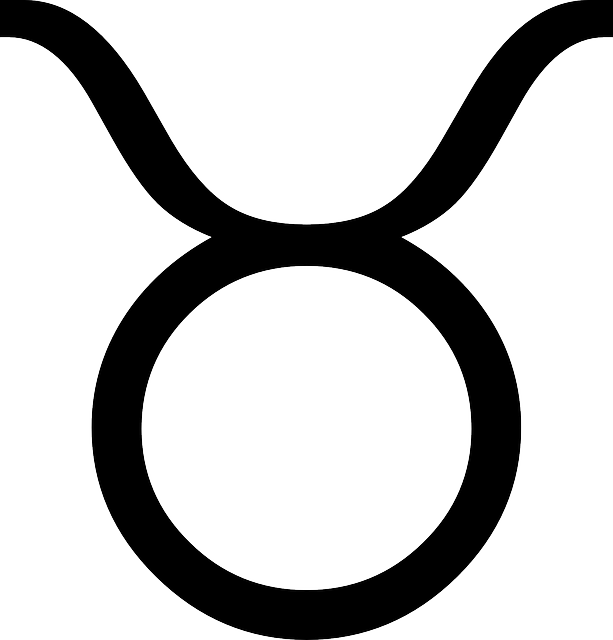Since the market turmoil that began in 2008, more and more traders have used astrological analysis to improve the results of their trading decisions. They realize that combining fundamental and technical analysis with financial astrology can improve their trading performance. The benefits of knowing a stock's likely major price reversal in advance through astrological methods are immeasurable.
Welcome to the wonderful world of financial astrology, which although based on simple principles, can be difficult to implement. Simply put, it is the use of cosmic cycles to predict how the flow and value of money will increase or decrease - whether it is a good or bad time to invest, start a business or speculate on the value of currencies or stocks. Of course, there are different types of financial markets or exchanges, whether it's commodities (raw materials) stocks and shares (equities in various companies), "currency markets" (basically lending and borrowing), foreign exchange markets (one currency versus another currency comparisons) as well as more complex futures markets, derivatives, hedge funds, etc.
Even so, the basics of financial astrology are not difficult for the average astrologer. The two main criteria involved (one might say) are the personal birth chart of the company or financial project itself (such as a new business or trade). In the latter case, one would get the first trading data for that stock or currency and set up a chart for it, and then (over time) check the transit/progress of the expected price movement. Then there's the overall transit in the sky (which requires a special "financial" explanation).
However, it is important to remember that the chart needs to be examined as a whole, and (for a specific type of event to occur) multiple chart factors must be concurrent. Furthermore, there is almost certainly room for some traditional astrology when it comes to the planetary rule of the chart (the "ruling planet" of the Ascendant), as they seem to Captures the specific themes and "conditions" of what was going on at the time. Another point cited in Louise McWhirter's Astrology and Stock Market Forecasting (first published in 1938) refers to the transit of the Moon's North Node as "the fundamental basis for business activity and trading volume." trend". But we are outdoing ourselves!
As for what planets typically mean in financial astrology "charts," it's a matter of contextualizing the situation and seeing how the Earth's energies operate in a new context. Businesses, industries and the stock market (the share price index of these businesses) plus the individual economies of the countries (based on decisions about their GDP, banks/interest rates etc.) their relative currencies and how they will compete against each other. Listed below is a general simplified guide to how the planets influence current market movements, or what that means in a country's economy (after noting the aspects involved). In parentheses are the relevant industries or "rules" to which each planetary energy belongs.
Sun: confidence, energy, often representing the business itself or its puppet, precious metals speculation/stock market.
The North Node of the Moon: corresponds to the "Business Volume Curve" (the Moon generally represents retail, medical health care, home furnishings, restaurants).
Mercury: Principles of speed, movement and transaction itself (telecommunications, media, publishing, travel and transport, footwear).
Venus: Small growth, traditionally "small interests" (clothing and fashion, cosmetics industry, leisure/entertainment venues).
Mars: Energy, activity, speed, competition - sports, military, arms and weapons, steel.
Jupiter: Growth, expansion, high-confidence success and speculation - traditionally represents the "greater good" (bull markets, legal issues for banks, brokers, gambling establishments/ court).
Saturn: stability, limitations, decline, stress, lack of confidence, obstacles, tension
Uranus: change and fluctuation ( World Wide Web, Invention, Digital Technology, Computing and Innovation, Aerospace Industry; Exploration/Discovery, Electricity, Science and Biotechnology).
Neptune: Uncertainty, usually bad for markets: unrealistic expectations (advertising industry, fashion/glamour, shipping and maritime affairs, tobacco/alcohol, minerals, oil ,drug).
Pluto: Great Powers and their use, manipulation, drastic changes - can represent the rich, big business and monopolies (stocks and bonds, mining, nuclear industry, international crime and underworld) .
Jupiter-Saturn Cycles in Financial Astrology
Let us start with the astrologer’s black sign, Saturn, which is involved in all earthly and material matters and therefore in matters of financial security, regardless of Is it the domestic economy or financial markets. As we can see from the table above, it also means downturns and downturns, and in some cases outright failure. For example, Saturn and Uranus opposed the Sun in March 2009, just as the so-called Great Recession was reaching a new crisis point - economic hardship began to lead to political instability due to social unrest. As Wikipedia officially reports:
“Business Week states that global political instability is rising rapidly due to the global financial crisis and is creating new challenges that need to be managed... Economic Weakness may lead to political instability in many developing countries. Political instability has even occurred in some developed countries..."
But let's start early - to cite two well-known examples, Black Monday (when world stock markets crashed) and "Black Tuesday" sixty years ago (when panic selling peaked).
The latter was the infamous Wall Street Crash, where we saw transiting Mars (a "trigger" planet) in the 2nd house, representing the nation's finances. The punishment caused things to get "overheated" and by the official date of the crash, stocks were seriously overpriced.Guess, the whole thing exploded. It's fitting that just seven days later, Saturn moves into America's second house of personal resources and wealth, foreshadowing this year's lengthy financial slump.










